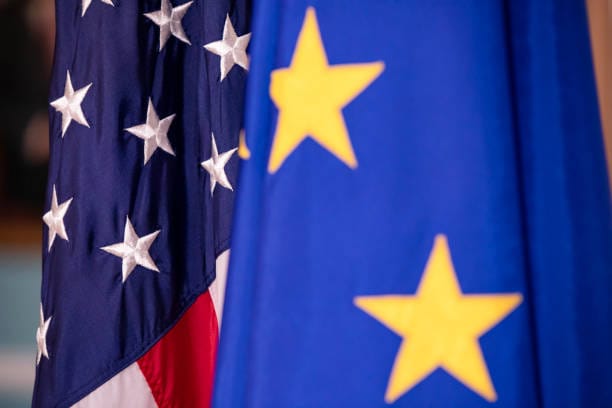At the Brussels Economic Forum last week, I found the presentation of Arvind Subramanian of the Peterson Institute for International Economics to be particularly interesting.
In Dr. Subramanian’s view, the current economic policies of the US and China do not promote the public good but are, in fact, doing harm. The central question facing Europe is whether these policies will persist, especially in the US where Trump’s tariffs already are showing that they will have high cost to the US itself.
Dr. Subramanian’s recommendations and predictions about Europe’s prospects in light of the recent upheavals in the world economy are summarized as follows:
· Europe needs to develop more consumer demand like in the US. Having 450 million consumers is a strength only if they are buying goods and services.
· Europe needs a good trading relationship with the US, but should not allow itself to be coerced.
· Europe needs a functional relationship with China, but China has a long history of unfair economic practices that make it an unreliable trading partner.
· Reliance on its large consumer base is not enough for Europe to flourish. Europe needs to foster more dynamism and innovation in its economy, similar to the US.
· Trump’s policies toward NATO and Ukraine, which are leading to a shift of European focus defense spending could be an opportunity for technological advancements in the private sector.
· Europe is overly bureaucratic compared to the US, but its emphasis on the rule of law is stabilizing.
· Europe’s future will depend on the political center holding. Otherwise, it could become an unreliable trading partner like the US has become.
It’s hard to take issue with Dr. Subramanian's presentation. However, in light of the close economic and political interrelationship that has existed between the US and Europe over the last 80 years, I would like to have heard more discussion from him and others at the forum about the last bullet point listed above – namely how Trump’s economic policies might end up affecting the continued hold on power by Europe’s political center.
In particular, will Trumpism in the US strengthen or weaken the populist movements in Europe? It seems that, should Trump’s economic policies result in recession and/or high inflation in the US, that could damper enthusiasm by Europeans to follow such by voting populists into power. On the other hand, if Trump’s policies result in a renaissance of manufacturing in the US which, in turn, leads to prosperity for the working-class, this would seem to empower the Trump-like populists in Europe.
But there could be a third paradoxical scenario. Trump’s economic policies could be so damaging to the US economy that they will drag the world economy into a severe recession. If history is an indication – think of the Weimar Republic – such an economic turn could lead to such discontent that that the far right might gain power in Europe despite the fact that populist policies in the US would have been the cause of the problem.
Such a result would be ironic indeed, but not out of the question. After all, many economists predict that Trump’s economic policies will hurt his own political base, the working-class people largely responsible for voting him into office. It would be beneficial for centrist politicians in Europe and the US to be clearer in getting this point across.

Member discussion: